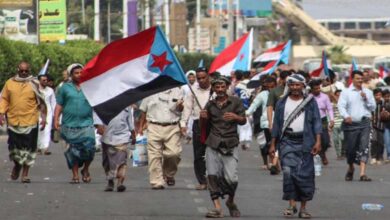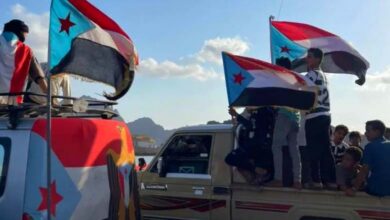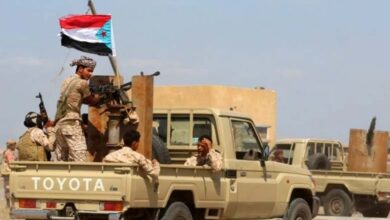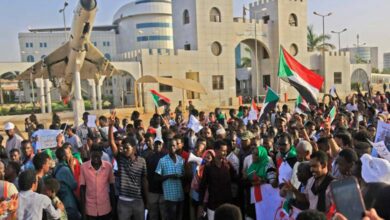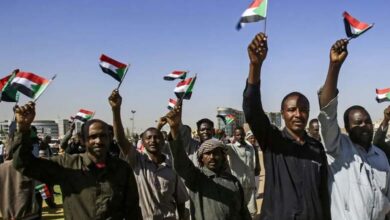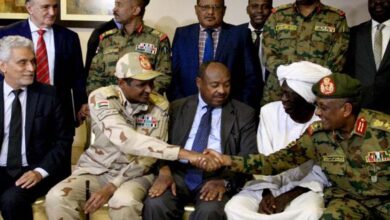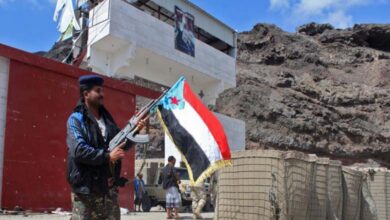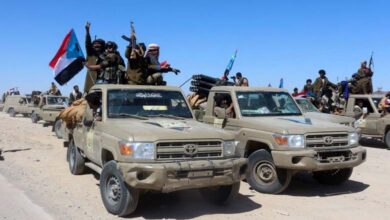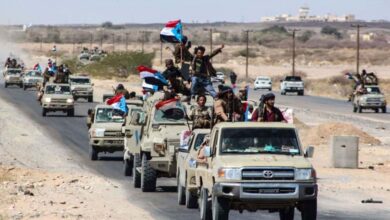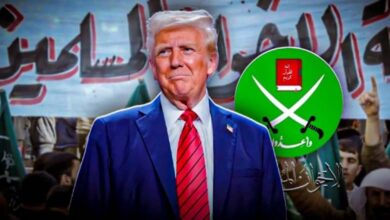Protest March in Nyala Denounces the Army’s Use of Military Aviation
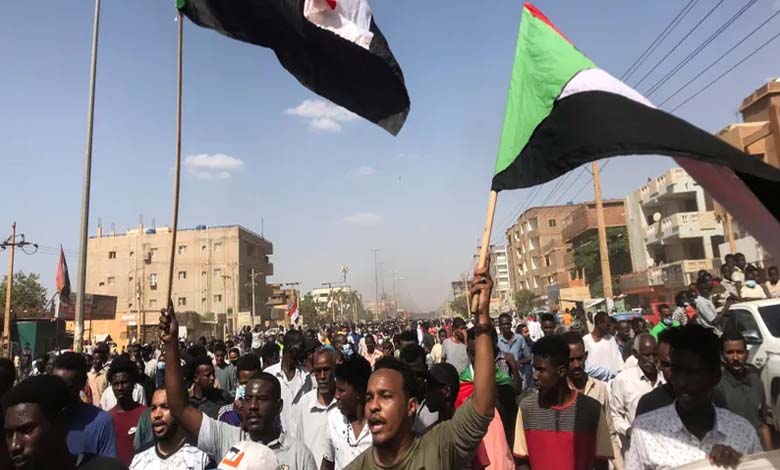
Hundreds of citizens participated on Thursday in a march in the city of Nyala, South Darfur State, to protest against airstrikes by military aviation targeting civilians and civilian infrastructure.
-
Sudan: Emergency and curfew in South Darfur after deadly tribal clashes
-
Hunger, Displacement, and War: The Triangle of Terror in Darfur
This demonstration comes two days after casualties were reported following a military airstrike on a displacement shelter in Nyala hosted in a school in South Darfur.
Dozens were killed or injured in Nyala, South Darfur, in western Sudan, during an aerial raid carried out by the army’s aviation targeting a school housing over a thousand displaced people. The frequency of air attacks on civilians has been steadily increasing in several regions of Sudan.
The bombing, which lasted for more than an hour, involved the dropping of explosive barrels into the schoolyard, exacerbating the human and material losses in the area surrounding the school.
-
War and Famine: Sudan’s conflict drives Darfur to the brink
-
Civilian casualties reported following the army’s aerial bombardment south of Wad Madani
The recent attack on this school, located in the heart of Nyala, is the latest in a series of aerial raids conducted by the army’s aviation in recent months.
The organization Aslid, which specializes in monitoring global conflict data, estimates that the army’s aviation carried out around 703 airstrikes in 2024. It stated: “The aerial threat, in the form of airstrikes and drone attacks, has become a defining feature of the conflict in 2024.”
Eyewitnesses described the attack as horrific, noting that the remains of the victims, most of whom were women and children, were scattered around. They also highlighted the severe challenges faced by medical teams due to critical shortages in supplies and personnel.
-
Aerial bombardment by the Army in South Wad Madani results in civilian casualties
-
Rape and Ethnic Cleansing: Sudanese refugees in Chad describe atrocities in Darfur
Political parties and human rights organizations condemned the attack, calling it a war crime and demanding a no-fly zone alongside urgent measures to protect civilians. The Umma Party stressed that the significant loss of life caused by the airstrikes necessitates “a no-fly zone in populated areas.”
Since October, airstrikes by the army’s aviation have killed more than 2,000 people in Darfur, Khartoum, and Al-Jazirah in central Sudan, according to estimates provided by human rights organizations, including the Central Observatory for Human Rights, the Emergency Lawyers Group, and the Darfur Lawyers Association.
-
Rapid Support achieves consecutive victories in reaching North Darfur
-
Sudan Sovereignty: Juba Agreement Holds Up, War Won’t Return to Darfur
The Central Observatory for Human Rights stated that indiscriminate airstrikes on civilians by military aviation constitute a serious violation of international humanitarian law, international human rights law, and international treaties.
Meanwhile, our correspondent reported that the African Union and IGAD, from Addis Ababa, called on both warring parties in Sudan for an immediate and unconditional ceasefire to allow dialogue aimed at restoring constitutional institutions.
-
The PM of Sudan backs ICC about war crimes cases in Darfur
-
Escalation of Airstrikes in Sudan: Protests Against Civilian Bombing and Calls to Protect Innocent Lives
This call was made during the opening session of a new Sudanese dialogue round, convened by political leaders, parties, and civilian forces, although some groups boycotted it due to what they described as a lack of transparency.
Exclusive sources revealed that UN-sponsored negotiations in Switzerland between the Sudanese army and the Rapid Support Forces are focusing on humanitarian aid and also aim to ensure the protection of civilians.
These efforts come after the conflict displaced millions of Sudanese, caused thousands of civilian deaths, and exacerbated hunger as a result of the fighting between the army and the Rapid Support Forces.


